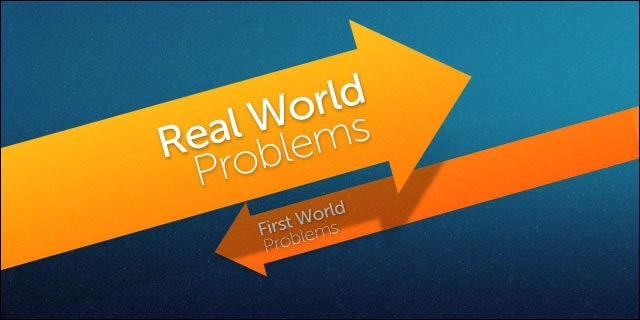The startup scene is evolving fast, and the next wave of innovation is being built right now. From AI and blockchain to green tech and space exploration, today’s tech startups are tackling problems that didn’t exist a decade ago—and solving old ones in bold new ways.
So what’s driving these fresh ideas? And where are we headed in 2025 and beyond? Let’s dive into the key trends shaping the future of tech startups.
1. AI Is No Longer a Bonus—It’s the Backbone
Artificial Intelligence is becoming a core engine of innovation, not just a “cool feature.” Startups are using AI for:
- Hyper-personalized customer experiences
- Predictive analytics in healthcare and finance
- Smarter automation in SaaS products
- Language generation, image creation, and more
Generative AI, in particular, is opening the door for tools that write code, design graphics, and even produce music. New startups are being built entirely around these capabilities.
💡 Example: Startups like Jasper, Runway, and Synthesia are creating content at scale using AI—something unthinkable just a few years ago.
2. Sustainability Is Shaping Startup Vision

Tech startups are increasingly mission-driven, and climate-conscious innovation is on the rise. Think:
- Clean energy and battery storage
- Carbon capture technologies
- Sustainable supply chain platforms
- Water purification and smart agriculture
Consumers and investors are both demanding planet-positive impact, pushing green tech startups to the front of the funding line.
3. Decentralization & Web3 Are Reshaping Digital Ownership
While the crypto hype has cooled down a bit, the decentralized internet (Web3) continues to influence startup culture. New companies are exploring:
- Token-based communities
- Decentralized finance (DeFi) tools
- Creator-owned platforms and NFTs
- Transparent, user-controlled data ecosystems
The real power of Web3 isn’t just financial—it’s about giving users control and eliminating middlemen in digital ecosystems.
4. The Rise of “No-Code” and “Low-Code” Platforms

Not every founder is a programmer—and now, they don’t have to be. No-code and low-code tools allow people with minimal technical skills to:
- Build apps and websites
- Launch online businesses
- Automate workflows
- Test MVPs quickly and cheaply
This accessibility is democratizing entrepreneurship, allowing creative minds to launch ideas faster than ever before.
5. The Remote Revolution Is Globalizing Talent
Remote work has gone mainstream, and that’s reshaping the startup landscape. Now, you don’t need to live in Silicon Valley to start—or work for—a successful tech company.
✅ Startups are:
- Hiring globally
- Building distributed teams
- Serving worldwide markets from Day 1
This global mindset leads to diverse teams, broader markets, and faster scaling opportunities.
6. Startups Are Solving Real-World Problems, Not Just Digital Ones

There’s a noticeable shift from building “cool apps” to tackling serious, real-world challenges:
- Mental health and wellness platforms
- EdTech solving access to education
- HealthTech improving diagnostics and treatment
- FinTech driving financial inclusion
The future of startups isn’t just about going viral—it’s about creating value and solving pain points that matter.
7. Funding Trends Are Changing
Investors in 2025 are more strategic and impact-focused than ever. They want:
- Clear paths to profitability
- Sustainable business models
- Strong founding teams with real expertise
- Startups solving long-term problems
While funding has become more selective, high-potential ideas still get backing—especially those built with clarity, ethics, and purpose.
Final Thoughts
The future of tech startups is bright—but different. Success won’t just depend on being the first or the flashiest. It will come from solving big problems, moving fast, and staying human-centered.
Whether you’re a founder, investor, or just a curious mind, one thing’s for sure: the next big idea might not come from Silicon Valley—it might come from a small room, a laptop, and someone bold enough to build what no one else has yet.

